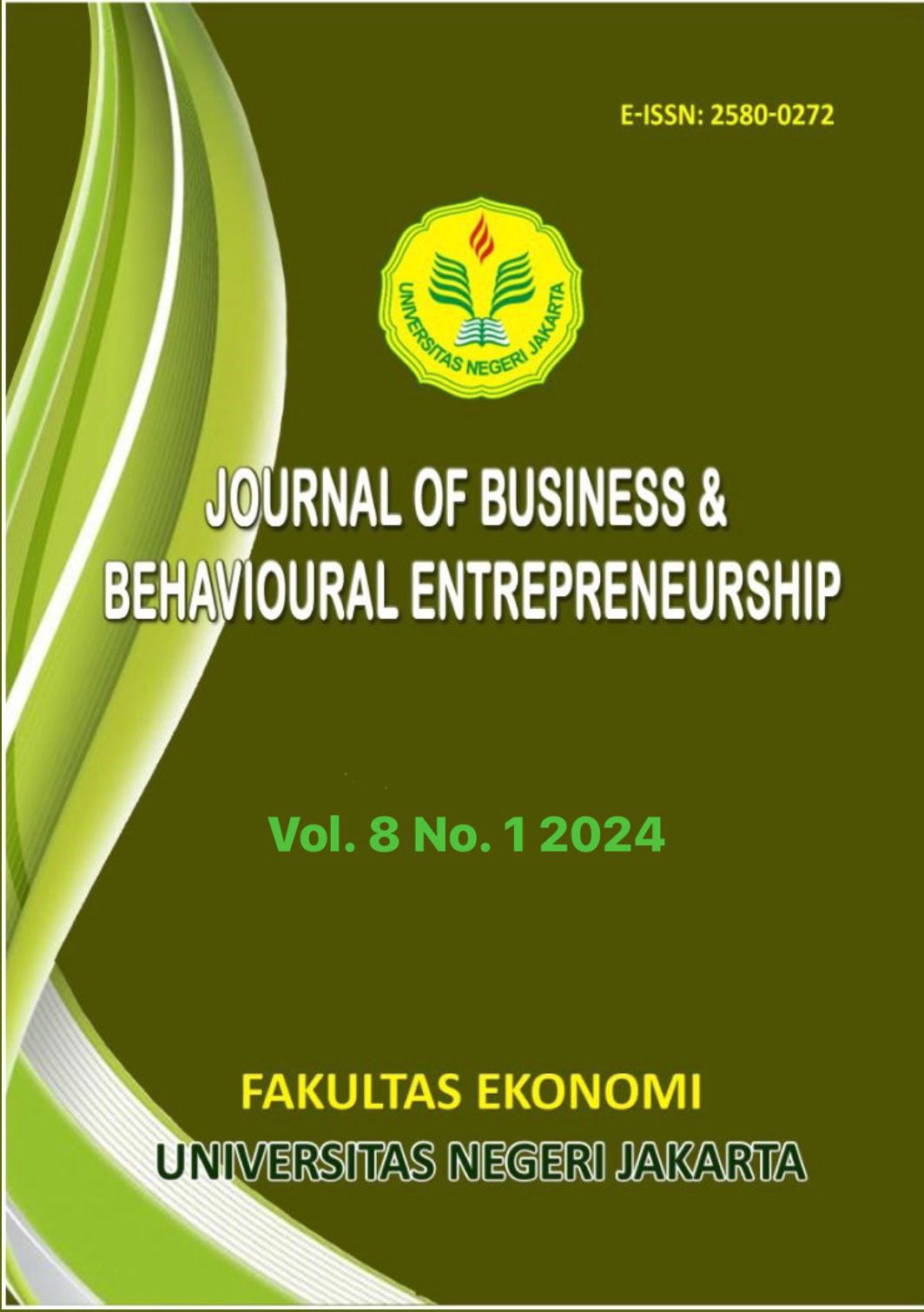Risk Management Implementation on Private Projects
DOI:
https://doi.org/10.21009/JOBBE.008.1.01Keywords:
Private Owner, Risk Management, Building, PM, SOM, SEM, Accept, Transfer, Reduce, Avoid.Abstract
Private Owners have a significant role in supporting development in Indonesia. Projects with private owners with building segmentation include shopping centers (malls), offices, hotels and residential (apartments and housing). The difference in characteristics between private owners and government owners (Dwi Hatmoko and Khasania, 2016) will lead to risks due to practices carried out by private owners that cause the project to run out of control. Construction project risk management describes all project life cycles. Proper risk allocation in construction contracts is well-known because risk identification and risk allocation have a clear influence on risk handling decisions. The research methodology was conducted using qualitative methods. In this research there are primary and secondary data. Primary data used in the research is conducting case studies of similar private building projects. While secondary data by collecting data through questionnaires from 50 responders consisting of Project Manager (PM), Site Operation Manager (SOM), and Site Engineer Manager (SEM). Based on this responder survey, the respondents consisted of 30.2% of Project Managers, 25.6% of Site Engineer Managers, and 18.6% of Site Operation Managers. While based on the building function, it shows 25.6% from Hotel, 23.3% from Mix Used, 20.9% from Residential, 18.6% from Commercial, and 9.3% from Office. Based on the data analysis, 15 respondents accept that risks may not be avoided or significantly reduced. 23 respondents indicated financial risk and a desire to transfer the risk burden to another party, such as insurance. There were 3 respondents indicating a willingness to reduce the impact of the probability of risk occurrence. There were 0 respondents indicating increased risk mitigation rather than avoidance.









